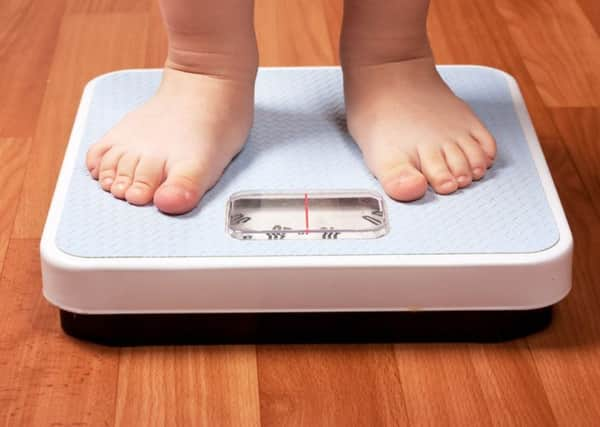Bootcamp for those at risk of developing diabetes


It comes as a major study into the strain of diabetes, which is linked to obesity and often preventable through lifestyle changes, showed patients who reverse their diabetes and then keep their weight down can remain free of the condition.
NHS England said GPs will be able to refer patients who are at high risk of developing the condition to the programme, where they will be given tips on healthy eating and lifestyle, bespoke exercise programmes and help to lose weight. Initially 20,000 people across 27 areas of England will have access to the programmer, which will be rolled out nationally by 2020.
Advertisement
Hide AdAdvertisement
Hide AdChris Askew, boss of the charity Diabetes UK, said the move was a “significant step in the right direction”.
The announcement comes as a world expert on the condition showed that even people who have had Type 2 diabetes for up to 10 years can reverse their condition after adopting a very low calorie diet.
Professor Roy Taylor, from Newcastle University, previously showed that patients with Type 2 diabetes who successfully lose weight can reverse their condition because fat is removed from their pancreas, returning insulin production to normal.
A new study, published today in the journal Diabetes Care, saw 30 volunteers with Type 2 diabetes embarked on the same diet of 600 to 700 calories a day.
Advertisement
Hide AdAdvertisement
Hide AdParticipants lost on average 14 kilograms - just over 2 stone. Over the next six months they did not regain any weight.
The group included many people with longer duration diabetes, defined as more than eight years and ranging up to 23 years.
Overall, 12 patients who had had diabetes for less than 10 years reversed their condition and six months later they remained diabetes free. After six months a 13th patient had reversed their diabetes. Though the volunteers lost weight they remained overweight or obese but they had lost enough weight to remove the fat out of the pancreas and allow normal insulin production.
Professor Taylor said: “The study also answered the question that people often ask me - if I lose the weight and keep the weight off, will I stay free of diabetes? The simple answer is yes!
Advertisement
Hide AdAdvertisement
Hide Ad“Interestingly, even though all our volunteers remained obese or overweight, the fat did not drift back to clog up the pancreas.”
In January, the Yorkshire Post reported on new figures that showed record numbers of people in Leeds had been diagnosed with both types of diabetes.
According to the charity Diabetes UK, there are now 39,635 people in the city with diabetes, an increase of 4,527 since 2012 - a rise of over 14 per cent in three years.
North Kirklees CCG saw the second highest rise in the county of 12.74 per cent, followed by Scarborough and Ryedale (11.56 per cent) and Leeds South and East (10.07 per cent)